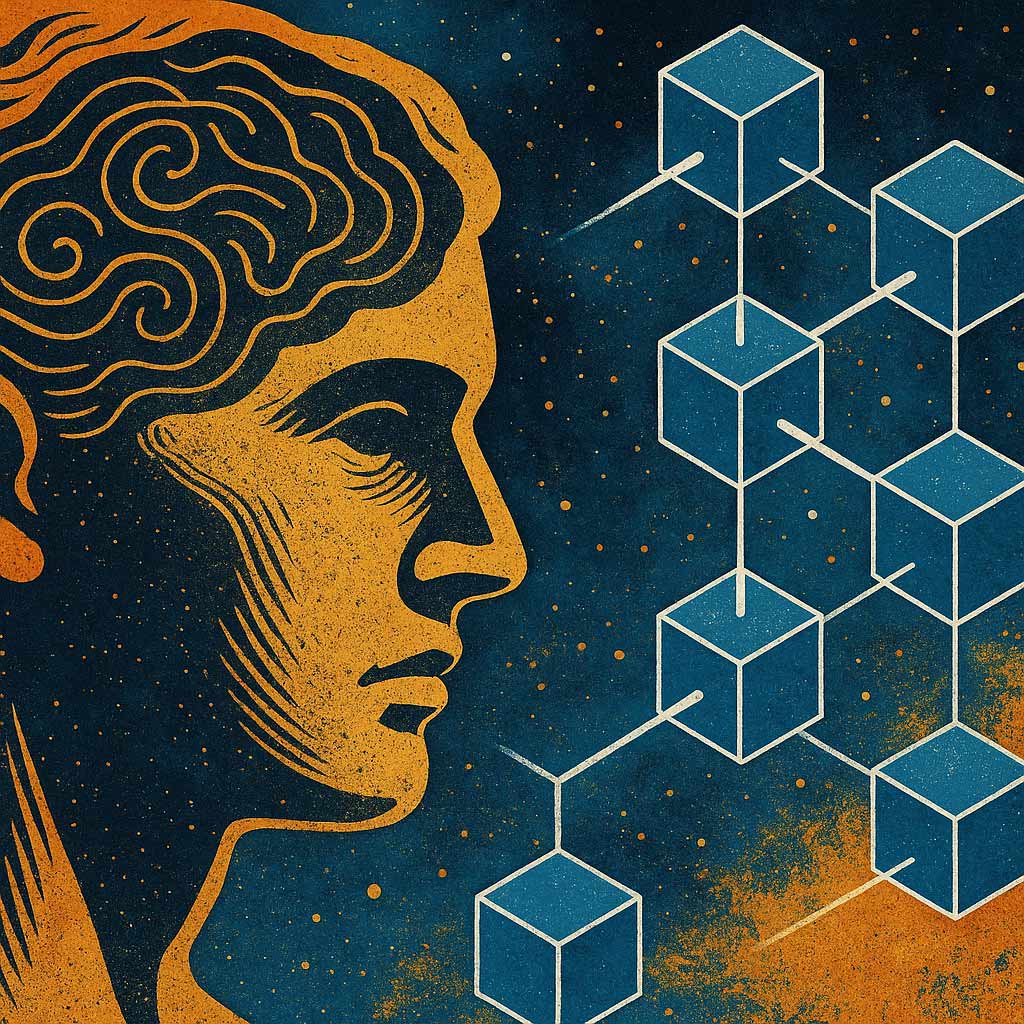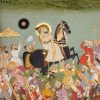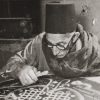The Crisis of Collective Forgetting
We are, by all accounts, living in the most documented era in human history. Trillions of messages, posts, purchases, photos, locations all captured, timestamped, and stored across the cloud. But despite this deluge of data, something essential is slipping away. We are forgetting what matters.
While social feeds preserve the superficial, the deeper truths – war crimes, environmental destruction, institutional corruption, self-regulation, cultural erasure, political double standards – seem to vanish beneath the surface. Not because they aren’t recorded, but because those who control the narrative choose what to remember and what to delete.
In today’s digital economy, forgetting is not an accident. It’s a feature. History is rewritten by winners with better Wi-Fi. But what if there were a technology that refused to forget? What if memory – like justice – could be taken out of private hands and placed in a shared system, owned by no one, altered by none?
To understand what this means, we must look not to Silicon Valley, but far deeper into humanity’s oldest cosmologies, to a concept known as the Akashic Field.
Before the Cloud, There Was Akasha
Long before computers, long before the alphabet, there existed the idea that nothing in the universe was ever truly lost. In ancient Hindu philosophy,Akasha was the fifth element alongside earth, air, fire, and water representing the subtle ether that binds all existence. Within it lies the Akashic Records, an invisible, energetic archive believed to contain every thought, action, and intention in the history of the world. The universe, in this view, does not merely react. It remembers.
The concept is echoed across religious and mystical traditions. In Jewish Kabbalah, divine memory is encoded in the Sephirot. In Buddhism, karma is stored in the alaya-vijnana, or “storehouse consciousness.” In Islam, al-Lawh al-Mahfuz— the Preserved Tablet — holds all that was and will be. In many Indigenous traditions, memory is not stored on servers but in songs, rituals, and the land itself. For these cultures, memory was not merely technical or historical. It was moral. To forget was not to heal, it was to harm. To erase the past was to displace the soul. This isn’t just myth. It’s social infrastructure. Memory, they believed, shaped the possibility of truth.
Laszlo’s Field and the Physics of Meaning
In the early 2000s, systems theorist and Nobel Peace Prize nominee Ervin Laszlo reignited this concept in modern language. Drawing from quantum physics, cosmology, and evolutionary theory, Laszlo proposed that the universe is an informational system — a coherent field of vibrations through which everything, including thought, is encoded and retained. He called it the Akashic Field — not as religious metaphor, but as a model of how information is never lost.
According to Laszlo, this field connects everything. Not metaphorically, but literally. DNA, consciousness, planetary ecosystems all participate in this interdependent record. Evolution, he argues, is not random. It is informed by what came before — by a memory that transcends biology. Laszlo’s Akasha is, in many ways, a cosmic blockchain: decentralised, immutable, constantly updating. And it is here, in this unlikely overlap between physics, mysticism, and technology, that blockchain begins to take on unexpected cultural significance.
Blockchain as Earthbound Akasha
When Bitcoin emerged in 2009, it wasn’t framed as spiritual technology. It was, first and foremost, a reaction. A direct response to the global financial crisis and the abuses of trust by banks, governments, and central institutions. Yet in rejecting these institutions, Satoshi Nakamoto introduced something radical: a way to record transactions that could not be deleted or falsified, without relying on any central power.
Blockchain, at its core, is a ledger of memory. Every transaction is recorded permanently. Every smart contract, every DAO vote, every piece of on-chain data — immutable, time-stamped, publicly verifiable. It is the closest thing modern humanity has created to a programmable field of shared memory, not held by any god or empire, but by math and consensus. In a world of curated news, disappearing messages, and algorithmic amnesia, this is more than innovation. It is resistance. Blockchain says: You cannot pretend this didn’t happen.
Real-World Memory Systems in Action
This isn’t just theory. In practice, blockchain has already begun to act as a counterforce to forgetting. In Ukraine, blockchain has been used to track humanitarian aid, record Russian war crimes, and build transparent systems for military and civil expenditure. These are not anonymous donations. They are verifiable acts recorded on-chain, impossible to rewrite.
In Colombia, communities displaced by civil war are using blockchain to record ancestral land claims — digitally preserving histories that governments have long ignored or erased. In the art world, blockchain is used to track provenance and fight forgery. In climate science, it is used to log carbon offsets and ecosystem restoration, ensuring ecological efforts are not just claimed, but proven. Each example shares the same impulse: record truth before it can be erased. In this sense, blockchain isn’t about cryptocurrency. It’s about historical integrity.
The Moral Tension: Can Memory Be Too Permanent?
Yet permanence is a double-edged sword. If nothing can be deleted, what happens to mercy? What happens to growth? What if the worst thing you ever did — or were falsely accused of — becomes an immutable part of your identity?
This is not just theoretical. On-chain identity systems and “soulbound tokens” are already being tested to reflect education, reputation, health data. But unlike the Akashic Records — which are interpreted through the lens of karma, context, and growth — blockchain currently has no moral filter. It records without understanding.
We must ask: is eternal memory just, or cruel?
To respond, developers are exploring privacy-preserving technologies — zero-knowledge proofs, decentralised identifiers, programmable expiration dates. These aim to balance truth with redemption, visibility with autonomy. Because what we need is not just memory, but ethical memory. A ledger not just of actions, but of evolution.
A New Kind of Social Ledger
What makes blockchain revolutionary is not just that it remembers, but that no single entity controls what is remembered. In a world where governments censor history, where billionaires erase their failures, where media is manipulated by click economics, blockchain offers a rare thing: a ledger that belongs to everyone.
This has profound cultural implications. We are no longer just writing software. We are designing the infrastructure of historical truth. And the values we embed into these systems such as transparency, fairness, forgiveness, context — will shape how future generations understand their past. In a way, Web3 is not just about decentralising money or media. It’s about decentralising memory itself. And in that memory, we build our accountability.
Conclusion: The Future Will Remember
The Akashic Records were never just about mysticism. They were about moral continuity — the idea that actions echo, that nothing vanishes without trace, that every life contributes to a deeper narrative. Blockchain, if used wisely, can offer a secular parallel: a system where forgetting is not convenience, but choice — and where remembering is not punishment, but potential.
In an age that forgets too fast and forgives too selectively, maybe what we need most is a technology that keeps us honest. Not for profit. Not for power. But to protect the stories that too many have tried to erase. Because in the end, the future will be recorded. The only question is: Who gets to write the ledger?
By Pritish Beesooa, Head of Blockchain & web3











